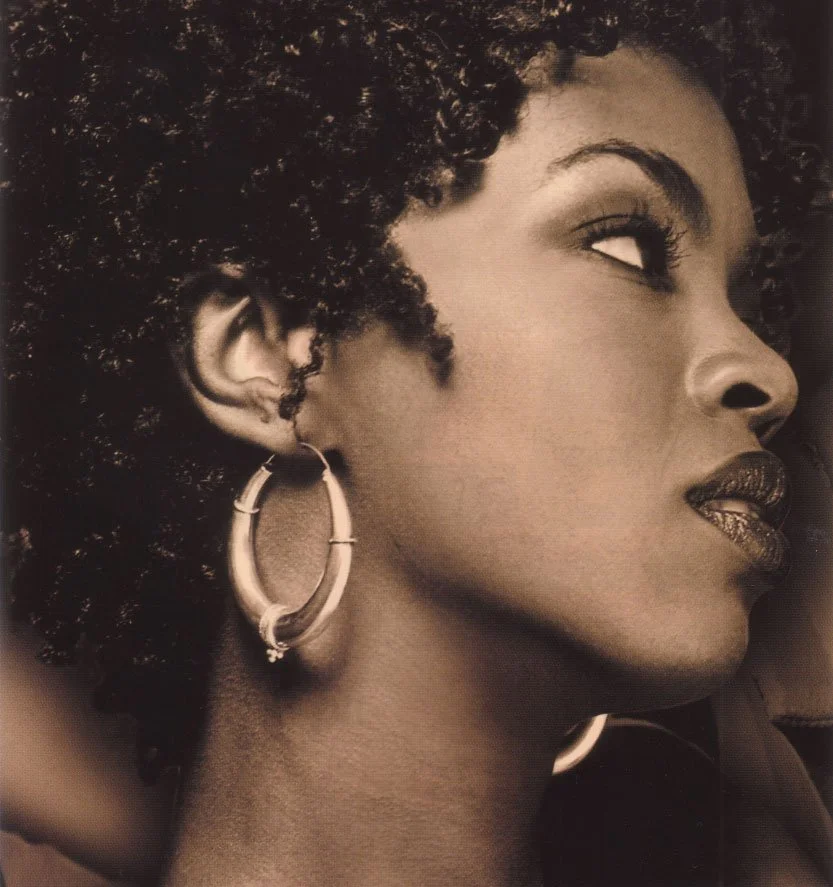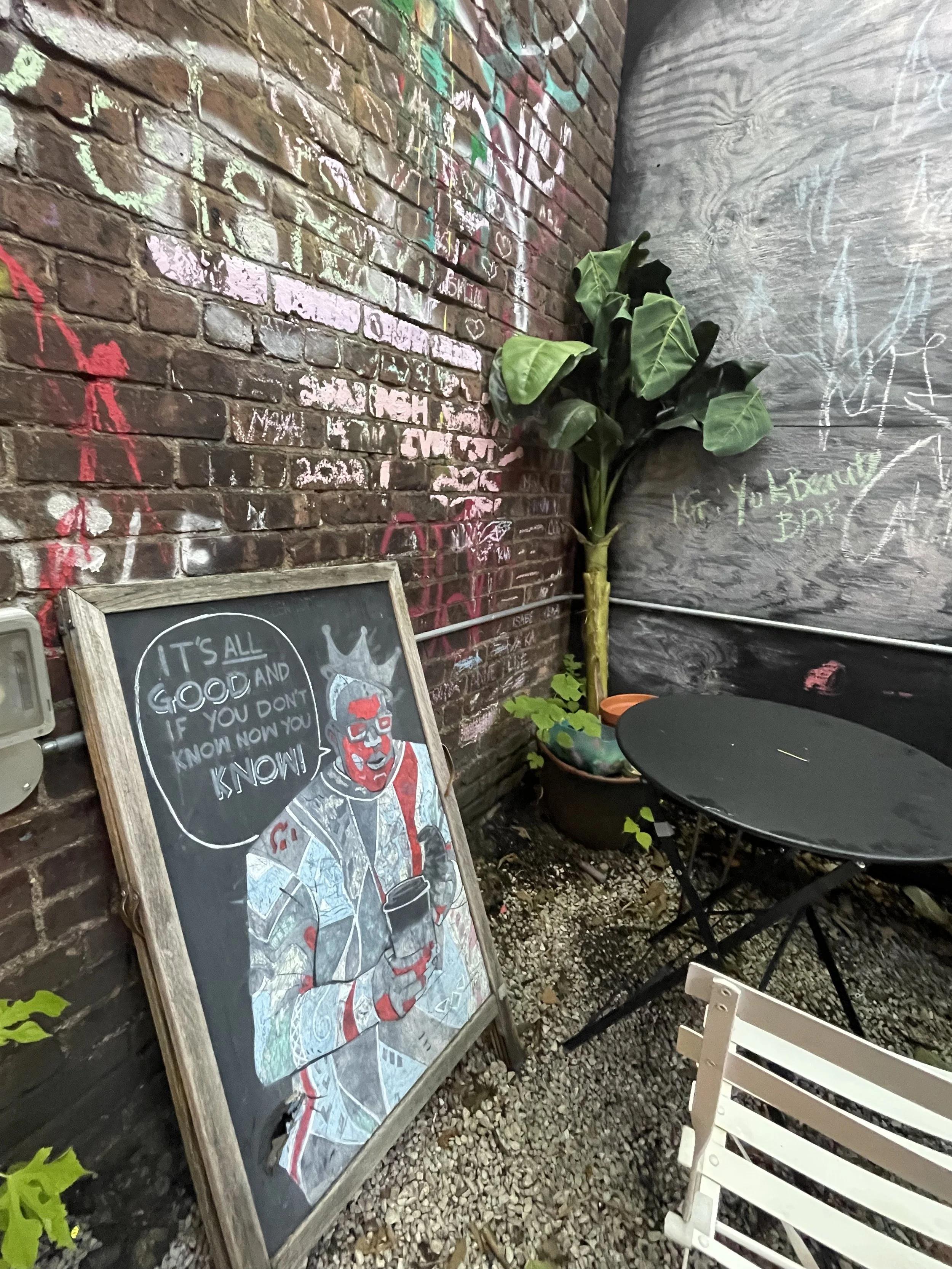Ne Cede Malis
“Yo hip-hop, started out in the heart”
I challenge you
NASA Image of New York City
Place in numerical order the best boroughs of New York City when it comes to the whole package of the scenes, art and culture, entertainment and nightlife, dining, eye candy, coffee shops, street murals, boutiques, vintage stores, history, fun factor, funkiest, cool vibes, the whole potluck.
Place your order below in the comment section and, if you want to defend your position…Have at it.
I did an informal survey on my IG account and gave two choices.
Choice 1 – Brooklyn, Manhattan, Queens, Bronx, Staten Island.
Choice 2 – NO! I don’t agree.
Is this a biased survey? I am a Queens boy but it’s just an opinion. The responses were 83 percent Choice 1 and 17 percent choice 2. The answers were interesting.
1. “Queens first. The rest are in their proper place.”
2. “Manhattan is # 1 of course.”
3. “Why is S.I. even on the list tho?? And you’re from Queens it should be first.”
No disrespect to my fellow New Yorkers. I will write a celebratory post for each borough in the future with a list/walking tour of activities. Subscribe to the blog below. However, Da Bronx places fourth - no offense to the borough -“El Bronx” or “the borough that Ruth built”, or how everyone really knows and calls it, the Bronx and the experience: “The Boogie Down.” I placed The Bronx in fourth place on my list after Hey Batter Batter 1, 2, 3. But did anything good ever come from the Bronx?
Storytime
In the 1970s poverty was crawling everywhere in New York City like a big, hickory-colored dank, sewer water bug scurrying through subways, dank alleys, and basements. The poverty crawled up North to the borough that Ruth Built. The economy was collapsing, manufacturing was on the decline, white flight was very real, with the middle white class - according to reports, close to a million - moving to the suburbs. With migration came a shift in neighborhood demographics and segregated communities.
Urban blight brought flight and fight, despair birthed fear. No way to cope, no hope, just dope. Night rolled across the skies with city sponsored blackouts bringing the dark out of the darkened, blackness out of blackened, bitterness out of bittered. Two tribes stood up - The Vandals and the Looters.
The city that never sleeps was rotting from the core; it was tribal war. Gangs and addicts gathered up the cash, the white dust - bagged it. The New York Times wrote a cover about the Bronx entitled: “South Bronx: A Jungle stalked by fear, seized by rage.“ Another writer described open hydrants in deathly cold weather.
I try to picture and paint. Packs of feral dogs roamed and owned the streets; the corners were owned by dealers and addicts. Bronx was called “the city of death.” Bronx was on fire as landlords paid off arsonists to be what they be and do what they do like medieval dragons that torch and burn the little castles of the black populace. Firemen don’t answer the call. Houses have no code. Inspectors don’t inspect, respecters don’t respect.
New York City’s industrial decline and economic stagnation caused vessels to be broken and the population gushed out in a syndrome called White Flight describing middle class families, close to a million in number, fleeing to the suburbs.* Officially sponsored blackouts to save money and energy rolled across and darkened the city like an incoming cold front bringing in the army of Vandals and Looters. Subway trains wound and wormed their way through Bronx hills and streets on overhead tracks, iron squealing loudly like a slaughtered pig and covered and laced with unending gang tags and graffiti, like lions spraying every bush in a surrounding area along with a roar and a war claiming this land is my land.
Bronx was third world in a first world. There was burning and looting. Haunted buildings loomed quietly over empty spaces with black, dark, sallow, fallow eyes lined up row after row, stack after stack, looking over at a hopeless graveyard of living dead stepping on broken glass sparkling like mined diamonds from a helpless Africa, while little girls with bouncing braids seized a window of daylight to dance and skip on double dutch sidewalks before the dead living come out to play. The gossip was the word on the street, security was trusting your gut and street savvy, the constitution was the code of the street and the law of the concrete jungle.
“And remember the night is for hunting and forget not the day is for sleep.”
Bob Marley’s universal sound and song wails and croons in the background of my mind as I try to paint the picture. There’s a burning and a looting tonight. How does a Rastafarian man in a little island paradise in the Caribbean named Jamaica make a deep, soulful connection with the black experience in New York? The connections fire in my synaptic fibers as my thoughts outrace my words. Is that why his group was called The Wailers?
Photo by Bill Fairs @moonboyz
This morning I woke up in a curfew
O God, I was a prisoner too, yeah!
Could not recognize the faces standing over me
They were all dressed in uniforms of brutality, eh!
How many rivers do we have to cross
Before we can talk to the boss? Eh!
All that we got, it seems we have lost
We must have really paid the cost
Burnin' and a-lootin' tonight
(Say we gonna burn and loot)
Burnin' and a-lootin' tonight - Bob Marley
New York City was hemorrhaging, bleeding green internally, no circulation, and, if there was, it wasn’t flowing to all the people. A front was moving in. A wide, thick, black shroud skulked across and covered the Bronx like a dark storm nestling and settling in - the people black, a depressed economy turned black, abandoned buildings losing light and becoming black and hollow, empty lots blank and rubble, closed businesses ashy and trashy.
“No opportunity existed, anger flopped on top of me,
frustration trapped the living free,
open walls stare and ripe for scribing pent up graffiti. ”
Pride, ego, creativity bubbled and built up and the pressure intensified. The shroud now became the canvas, the pigment, the binder, the reason and the solution.
One night in the west Bronx, 1520 SEDGWICK AVENUE, MR. CLIVE CAMPBELL, a youth man that emigrated from Jamaica, West Indies held a Back to School party in a community center charging the ladies a quarter and the boys 50 cent. All he had was two turntables and he was in the zone. He used his tools not to transition between two records but, because of observing the itch and desire of people to dance and save their moves for the break, he stretched the drum breaks, the moment in a record when the vocals and the other instruments drop out for a measure, a breath of pure rhythm and, using the two records of the same music he gave the people…cake. He observed the people of the concrete jungle and captured what they really wanted - a space to move, to express, to dance, to show off and out on their terms. DJ Kool Herc called his magic “The Merry-Go-Round.” Today it’s called “The Break Beat.” Some consider this to be a pivotal moment in the birth of Hip Hop. The movement spread to the streets, to the playgrounds, to the empty lots, to DJ battles, to dance battles, to what we see today, an empire and world of Hip Hop.
What is HipHop?
I had definition choices. Do I go to the encyclopedic entry on Britannica? Carnegie Hall’s website had an entry about the evolution in conjunction with the cultural movement… Master Class defines Hip Hop as a genre of music characterized by a strong rhythmic beat…and is built on four pillars…
I decided to visit the Urban Dictionary for the official definition of Hip Hop.
Hip Hop: “A name for the 4 elements of the late 70's New York City renaissance which includes break dancing, emceeing, (rapping) graffiti, and turntablism.”
Ms. Lauryn Hill said: “Hip Hop Hip-Hop isn't just music, it is also a spiritual movement of the blacks! You can't just call Hip-Hop a trend!” In addition to the four elements of Hip hop, it is a culture. It involves a knowledge of the movement, beatboxing, street entrepreneurship, language, expression, slang, culture and fashion. Do you remember your first hip hop experience?
Photo by Mistofer Christopher, rear garden Crown Heights Cafe.
From its humble beginnings in Black communities in The Bronx, New York, to its global dominance as an art form, hip hop has become a force of artistic expression, social commentary, and empowerment. It is a musical and cultural movement.
To the Bronx we tirer son chapeau (take off our hat). You took collapse and built, you grasped fire and burned it, you took chains and mailed it, you took silence and jailed it, you took music and made it. And “If You Don't Know Now You Know.” The orange white and blue Bronx flag billows at full staff from Bronx winds above the Bronx Borough Hall. In the center of the flag inscribed in Latin it recites the motto: “Ne Cede Malis.” (Latin for Yield not to evil).
Da Bronx is real and did not yield. Bronx nation is comfortable in their own skin, they accept their roots, embrace from the ashes they rose. They are a different material from the ethereal. Brooklyn coughs uncomfortably when you say: “Oh I know Bed-Stuy… Do or die right?” “Ahem” is chased by polite laughter. “No, no” in quick succession, “It’s called Stuyvesant Heights.” A few years ago, my cousin-in-law, relocated to Florida, told me a revelation that he is originally from Brownsville. “Never run. Never will…baby.” I laughed out loud; I never heard that one. Can we bring all that back, an expression for every New York City town?
The Bronx is the Bronx. Any borough with the title “The” has to be taken seriously. The Boogie Down. It’s the birthplace of a cultural movement that has and continues to shape the globe. It started from a borough, a street, a corner, a building rec room. “It started from the heart…But not everybody plays the part…”
References
New York City Tourism Hip Hop Events Calendar
As an Amazon Associate I earn from qualifying purchases.











